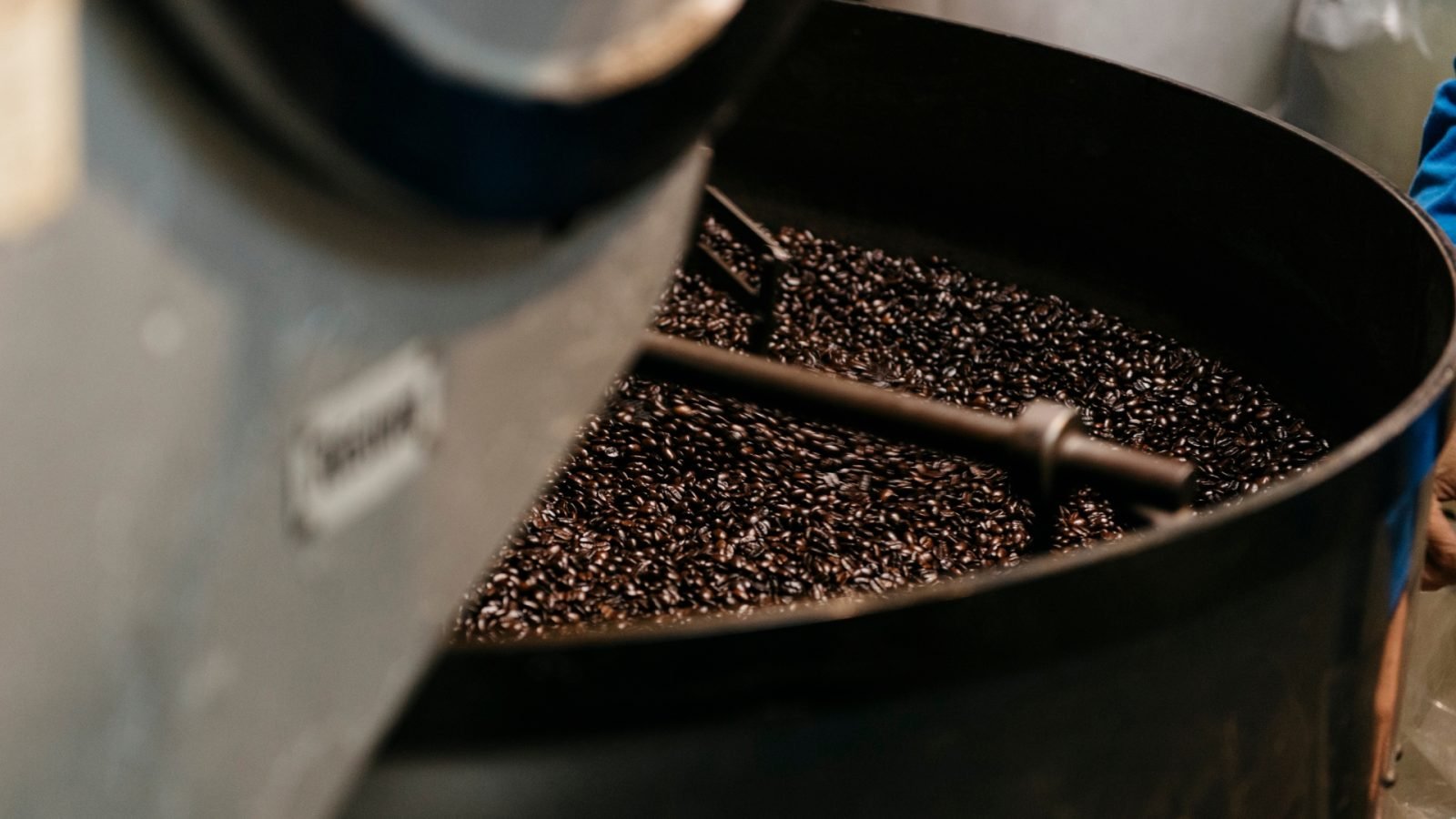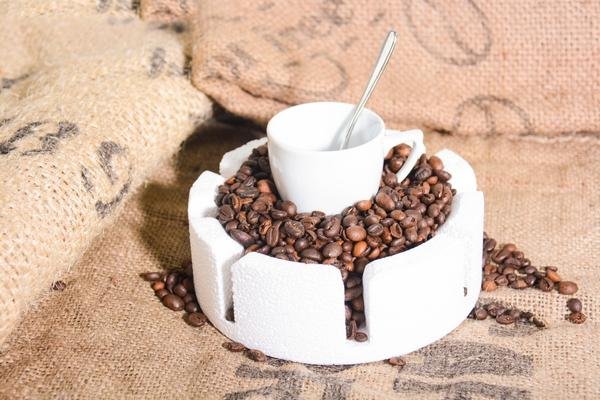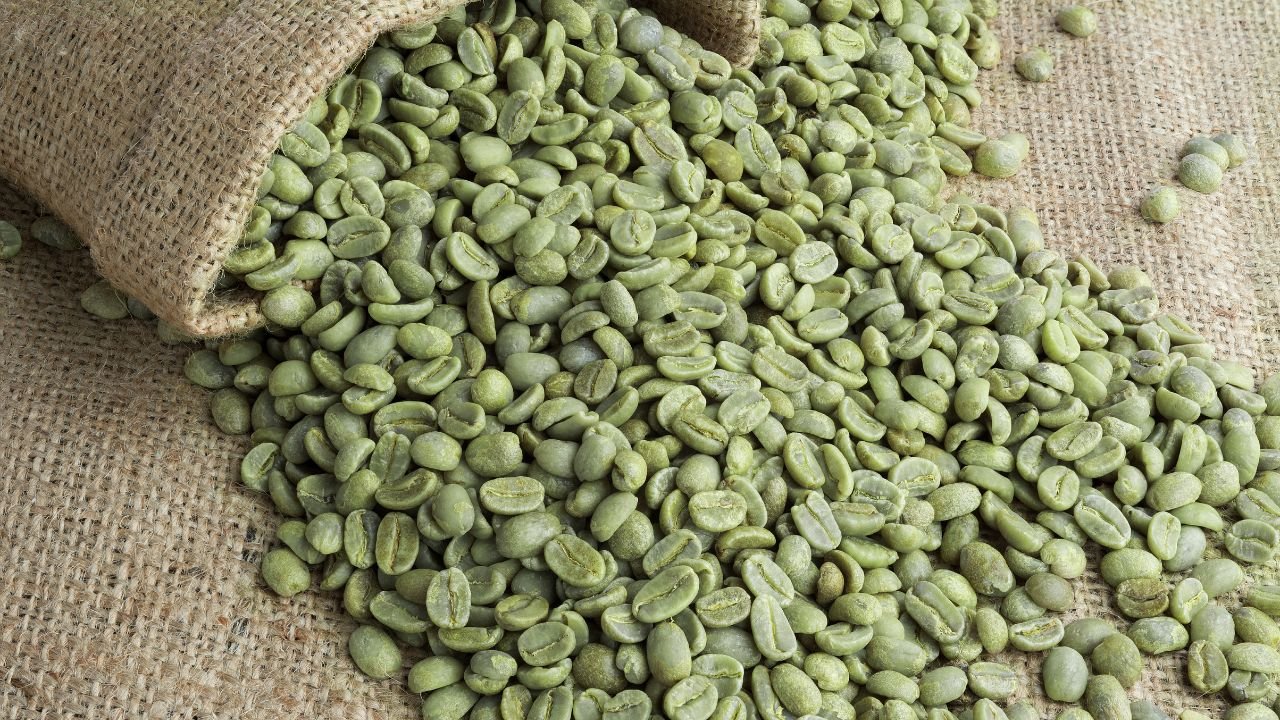Specialty vs Commercial Coffee: Which One is Right for You?

There are huge differences between specialty and commercial coffee. The most significant one is that you can find commercial types easily in supermarkets under widely advertised brand names.
Otherwise, specialty coffee, like Indonesian specialty coffee, is commonly served through coffee shops, small coffee factories, or coffee houses prepared by a skilled barista.
If you find yourself captured by the hype, yet unsure about what the differences between specialty and commercial coffee is, then equip yourself with some grasp about it before picking your cuppa coffee.
Understanding The Specialty & Commercial Coffee
To better differentiate specialty coffee from commercial coffee, let’s learn about the definitions of the terms first.
Commercial coffee refers to the coffee widely traded in the international stock exchanges, which national supply and brands buy and roast in mass volume. The commercial coffee grade range is generally under 75 points. This coffee is also described as the C-market or commodity coffee.
Not to drop the reputation of the commercial types, but specialty coffee refers to premium quality coffee. The beans points score, which consists of various coffee scoring protocols, is normally above 80, graded by certified coffee tasters, and scaled by specific organizations.
The Origin of Coffee

Knowing the roots, or in this regard, the origins of coffee, is also an essential step to better understanding their differences.
Speaking of commercial coffee, typically, the information provided about the origins is limited to the continent or the origin country where it was produced. Lucky enough, if you can get deeper information about the area where the coffee is grown.
Also, commercial coffee flavors likely came from different origins and consisted of various coffee beans. However, when it comes to specialty coffee, you can find out the root of the coffee served in coffee shops, factories, or coffee houses.
You may expect to get information about the coffee plantation where they were grown, the altitude, the coffee variety, the harvesting date, and even the whole process of making that specialty coffee.
Regarding Coffee Quality

What the differences between specialty and commercial coffee is fundamentally the quality, as explained earlier in the article.
To get specialty coffee, there are several elements of quality control of the coffee beans, which are standardized according to the Specialty Coffee Association of America (SCAA). More intricate processes are involved in producing specialty coffees. It is not only about the cultivation location but also the perfect latitude, timing, and end-to-end labor of love.
Only the completely ripe red coffee cherry should be picked by trained coffee cherry pickers, with the least primary blemishes (fully black, foreign matter, dried cherry, full sour, severe insect damage, and fungus damage).
Whereas for commercial coffee, they usually use any coffee cherry, ripe or unripe, green, red, or even black, with little to no control over the quality through the hulling process.
Flavor of Coffee Beans

The condition of the coffee cherries has a major impact on the outcome when coffee is brewed and served in a cup.
Commercial coffee produced with little to no quality control can offer an acute sour or even bitter flavor or an unpleasant moldy and baggy hint. Commercial coffee flavors usually have a short range of roast and blend of Arabica and Robusta coffee bean varieties, so no wonder that the variety of flavors is also short. If you want to taste the rich flavors of coffee, you’ll find it best through specialty coffee.
Since the specialty coffee is produced fresh, at perfect ripeness, and with zero defects, it will offer an enjoyable acidity and a gradation of rich and unique flavors and aromas. Besides Arabica and Robusta, the type of coffee beans grown for specialty types is also varied, including Liberica, Kent, Excelsa, and many more.
In addition, the soil also plays a pivotal role in determining the coffee flavor. It can be varied according to the cultivation location. There are many coffee beans in Indonesia that come as Indonesia specialty coffee, such as Toraja, Sumatra Arabica Gayo.
Availability of Coffee Beans

Now, you may question which has the most availability to meet the consumers’ needs in terms of supply. Well, the fact is that the big commercial coffee producers would prefer to take any type of coffee beans regardless of the quality or variety to secure their market needs. Hence, they are ready to serve all year long.
On the contrary, specialty coffee might not be available anytime you wish. There is an extraordinary amount of work that should be done.
Not only to consider the matter of natural conditions and factors that will affect the coffee cultivation but also layers of quality control to maintain the quality that may impact the amount of the production.
So, Which is Better In The Battle Of Specialty vs Commercial Coffee?
In a nutshell, according to the explanation of what the differences between specialty and commercial coffee is, it’s undeniable that specialty coffee is the best in terms of quality, flavors, richness, blends, and variety.
Besides the consumers, specialty coffee also provides a better way of making a living for the coffee farmers. They possibly get a higher pay rate according to the quality of the coffee beans they collected despite the small amount of the coffee beans harvested.











